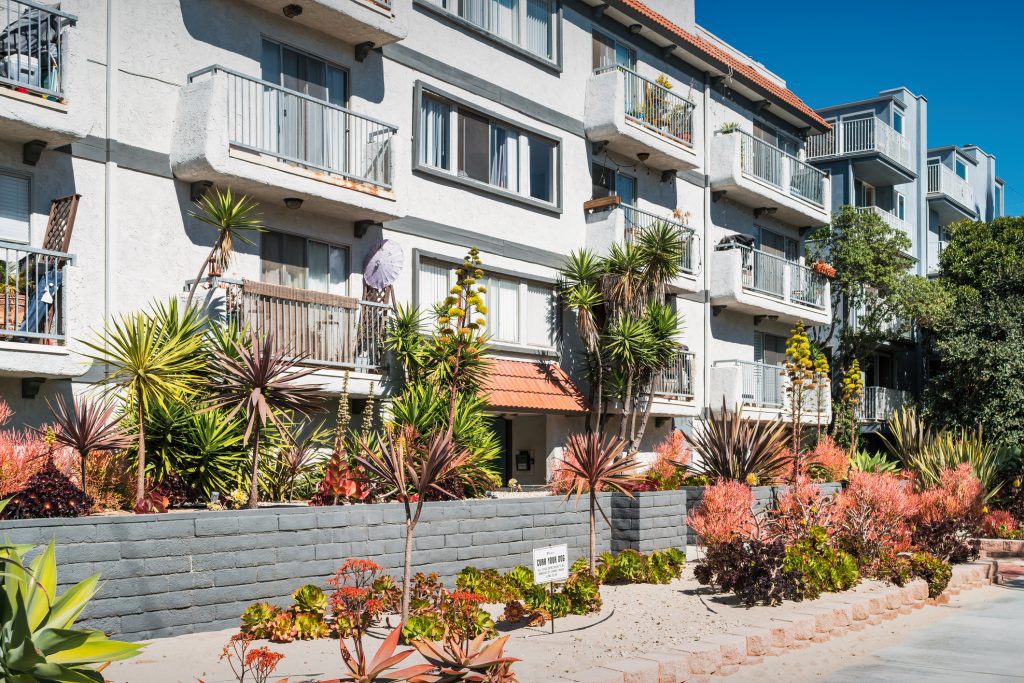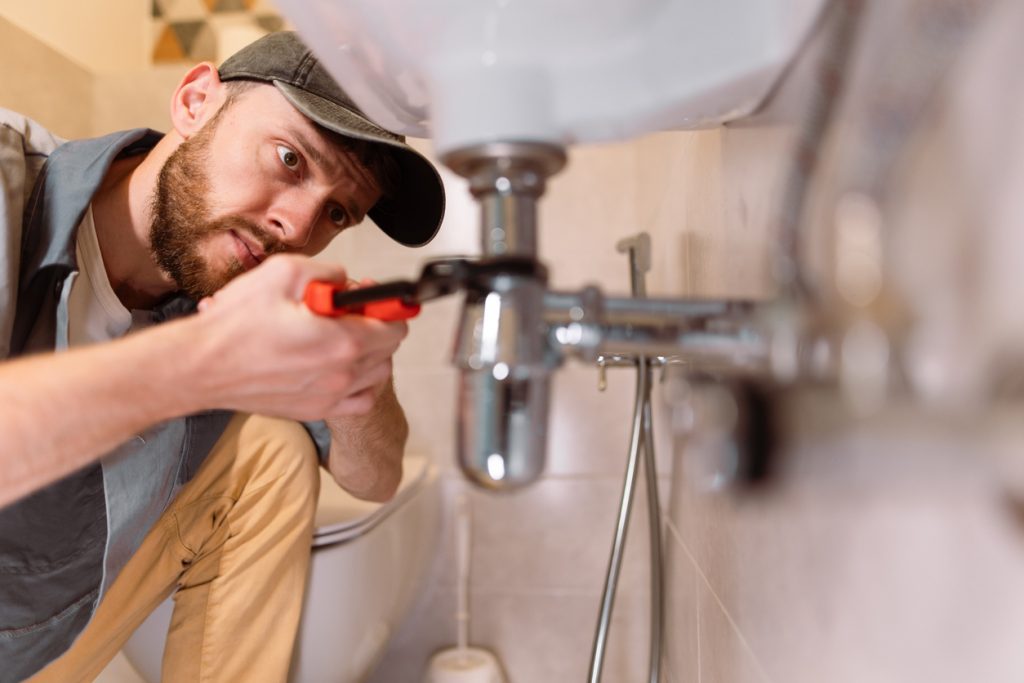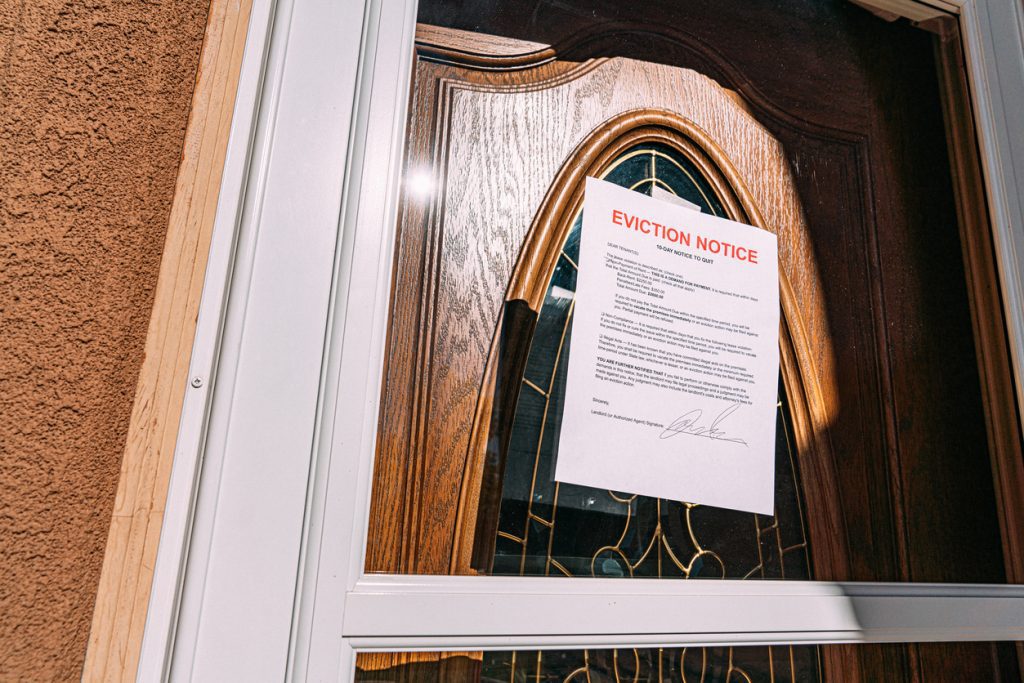The information on this page is provided as a free resource for renters in Los Angeles. It is not legal advice. If you need legal advice or additional legal help, contact https://lafla.org/get-help/housing-and-eviction/.
Does Los Angeles have “rent control?”
Yes, rent is regulated in Los Angeles.
The maximum amount a landlord can charge for rent in Los Angeles is determined by the maximum adjusted rent permitted by the Los Angeles Municipal Code, Section 151.04.
The maximum adjusted rent permitted is determined by various factors such as the type of unit, the year it was built, and the amount of rent charged on July 1, 1979.
What does it mean to have a “safe, habitable” place to live in Los Angeles?

All Los Angeles rental units must be safe, clean, and fit for human habitation. They must have adequate heating, plumbing, and electrical systems, and be free from pests and other hazards. Landlords must also maintain the common areas and provide any necessary repairs or maintenance to their rental units.
Windows
Los Angeles landlords must install window locks on windows that are designed to open and close. Landlords also must repair or replace these locks if they stop working.
This rule doesn’t apply to louvered windows, casement windows, or windows that are more than 12 feet vertically or six feet horizontally from the ground, a roof, or any other platform.
Doors
Landlords in Los Angeles are responsible for providing deadbolt locks on each main swinging entry door of a dwelling unit. Landlords are responsible for keeping these locks in working order.
Deadbolt locks must be installed according to the manufacturer’s specifications and comply with state and local codes. Examples of those codes include fire and life safety, and accessibility for those with disabilities.
Hot Water
Landlords in Los Angeles must provide hot water to their renters, and are responsible for keeping the hot water in good working order. Landlords are required to provide an approved water supply capable of producing hot and cold running water and connected to appropriate fixtures like faucets.
Water must be connected to an approved sewage disposal system. What does “approved” mean? Usually building codes set by the city, county, and state. Renters don’t need to know the specifics of those codes, just that landlords have to follow the rules that have been set up.
Utility Services
Landlords are responsible for installing at least one usable telephone jack and keeping telephone wiring in good working order.
Landlords must make sure that the inside telephone wiring meets the standards of the most recent California Electrical Code. If there are issues with the telephone’s wiring, landlords are responsible for repairs.
Does my landlord have to provide smoke detectors or carbon monoxide detectors in Los Angeles?
Los Angeles landlords are responsible for smoke and carbon monoxide detectors in their rental units. Landlords must make sure that the detectors are in good working order every time a new renter moves in. And landlords must replace or repair smoke and carbon monoxide detectors if they stop working.
How long does my landlord have to fix problems at my apartment in Los Angeles?
Usually, that depends on how severe the problem is. All repairs must be made within a “reasonable time,” but that may vary depending upon the severity of the repairs.
What can I do if my landlord can’t or won’t fix problems at my apartment in Los Angeles?

Repair and Deduct
If a Los Angeles landlord has been notified of an issue, whether in writing or otherwise, and then neglects to make repairs, resulting in an apartment that isn’t safe to live in, renters may complete the repair themself and deduct the cost from their next rent payment.
The cost of the repair can’t be more than one month’s rent. (Cal. Civ. Code § 1942)
What are the rules for security deposits in Los Angeles
Los Angeles landlords must provide information about security deposits, including the amount that was paid and what the renter needs to do in order to get a full refund.
How do I get my security deposit refunded?
Landlords must return a security deposit within 21 days after a renter moves out. If any deductions are made (the landlord keeps part of the deposit), the landlord must give the renter a written explanation and the rest of the deposit (the original deposit minus deductions).
What kind of notice does my landlord need to give me in Los Angeles?
Eviction
For COVID-related evictions, landlords are required to give renters a written 30-day Notice before filing an eviction for nonpayment of rent. This only applies to rent accrued between July 1, 2022, and March 31, 2023.
Lease
Landlords in Los Angeles must provide information about the terms of the lease or rental agreement, including the amount of rent, the due date for rent payments, and any late fees or penalties.
Condition
Los Angeles landlords must provide information about the condition of the rental unit and any known hazards or defects.
Rent Increases
Landlords in Los Angeles must provide written notice at least 30 days before a rent increase takes effect for month-to-month rentals, and at least 60 days before the end of the lease term for “fixed-term” tenancies. The notice must include the amount of the rent increase and the date on which it will take effect.
“Fixed term” means that the lease hasn’t ended yet, month-to-month means the lease is over but the renter still lives in the apartment.
Entry
Landlords in Los Angeles must provide at least 24 hours notice before entering a rental unit, except in an emergency. The notice must be in writing and must include the date, time, and purpose of the entry. Also, landlords can only enter a rental unit during normal business hours, unless the renter agrees to a different time.
Can I end my lease early in Los Angeles?
If something comes up in your life, you may need to end your lease early. This can be stressful and expensive, with most leases including steep penalties and fines for early termination. Before ending a lease early, renters should talk with an attorney.
Here are some potential options:
Military
If you’re active military, you may be able to terminate your lease early under the Servicemembers Civil Relief Act (SCRA). The SCRA provides certain protections for active-duty military members, including the right to terminate a lease early if you receive orders for a permanent change of station (PCS) or deployment.
To terminate a lease early under the SCRA, you must provide your landlord with written notice and a copy of your orders. The notice must be provided at least 30 days before the date on which you intend to terminate the lease.
Survivors of Domestic Violence
The Los Angeles Rent Stabilization Ordinance allows renters who are victims of domestic violence, sexual assault, or stalking to end their lease early, without penalty, if they need to move to escape an abusive situation.
To do so, renters must give their landlord written notice and documentation of the abuse, like a restraining order or police report. The notice must be provided at least 30 days before the date when the renter wants to move. So if a renter plans to move on May 1, they need to give the landlord notice by April 1.
What should I know about eviction in Los Angeles?

A landlord in Los Angeles can’t evict a renter solely for non-payment of fees, like late fees, or other non-rent charges. And if a renter pays all rent that is owed before their court date, they may be able to have the case dismissed.
If a renter can show the court that they’ve tried to find a new apartment in the same neighborhood, but haven’t been able to, the court might give them more time to move.
Where can I get help if I’m being evicted in Los Angeles?
In Los Angeles, there are several resources available to help you. One option is to contact the Los Angeles Housing + Community Investment Department (HCIDLA) at (866) 557-7368.
HCIDLA provides a range of services to renters, including information on renter rights, assistance with landlord-tenant disputes, and referrals to legal services.
Another option is to contact a local renter’s rights organization, such as the Los Angeles Tenants Union or the Eviction Defense Network. These organizations can provide legal advice and representation to renters facing eviction.
Additionally, if you are low-income, you may be eligible for free legal services through organizations such as Legal Aid Foundation of Los Angeles or Bet Tzedek Legal Services. It’s important to seek help as soon as possible if you are facing eviction, as there may be deadlines and other requirements that you need to meet to protect your rights.
What can I do if my landlord harasses me or discriminates against me in Los Angeles?
If a renter believes their rights have been violated by a landlord or government agency, they can file a complaint with the LACDA, the U.S. Department of Housing and Urban Development (HUD), the Office of Fair Housing and Equal Opportunity (FHEO), or the California Department of Fair Employment and Housing (DFEH).
Renter harassment is when a landlord knowingly takes actions that cause harm to a renter and serve no lawful purpose – including repeated acts that substantially interfere with the comfort, peace, or quiet enjoyment of a rental unit.
If you believe you are being harassed, call LAHD: at 1-866-557-7368 Or file a complaint online at https://housing.lacity.org/residents/file-a-rso-complaint
Sources
https://library.municode.com/ca/los_angeles_county/codes/code_of_ordinances?nodeId=TIT8COPRBUWARE_DIV3HO_CH8.52RESTTEPR
https://housing.lacity.org/rent-stabilization-ordinance-rso
https://codes.findlaw.com/ca/civil-code/civ-sect-1941-2/
https://leginfo.legislature.ca.gov/faces/codes_displaySection.xhtml?lawCode=CIV§ionNum=1942.